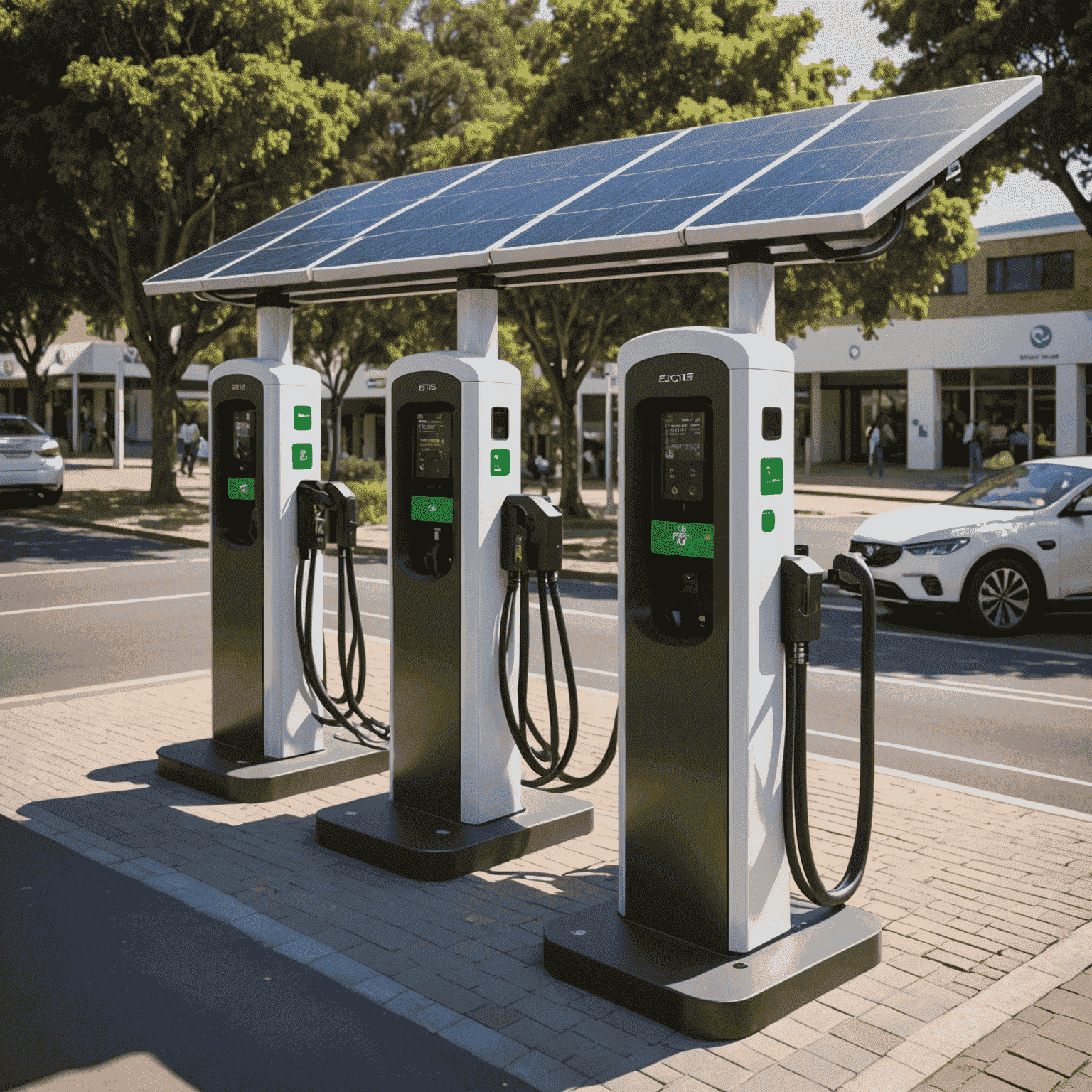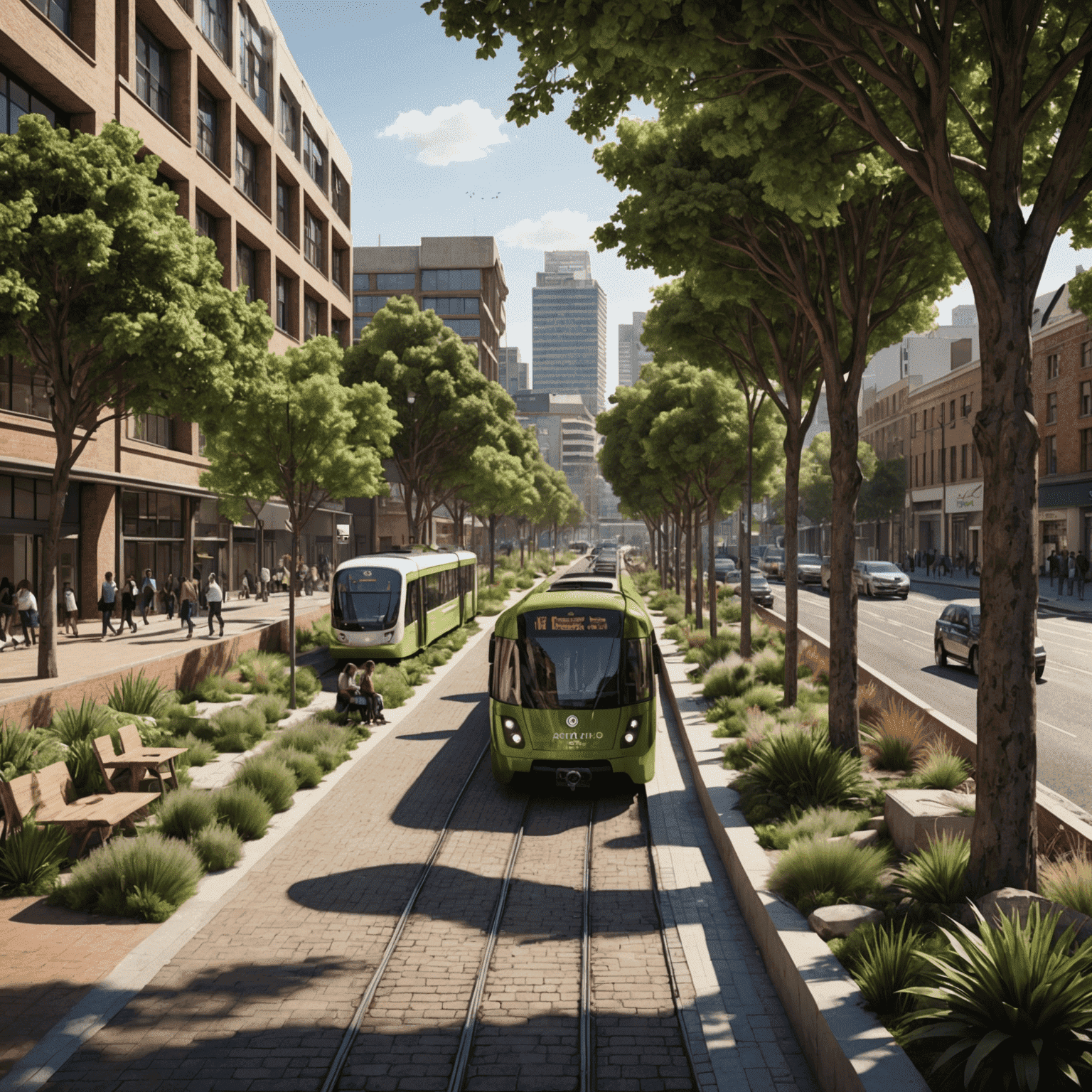The Future of Urban Mobility in South African Cities

As South Africa's urban landscapes continue to evolve, the future of mobility in its cities is undergoing a significant transformation. This shift is driven by emerging trends and technologies that promise to reshape how people and goods move within urban areas, addressing challenges of congestion, accessibility, and sustainability.
Integrated Public Transportation Systems
One of the key developments in urban mobility is the integration of various transportation modes. South African cities are increasingly adopting smart transportation management systems that connect buses, trains, and minibus taxis. This integration allows for seamless transfers and more efficient route planning, ultimately reducing travel times and improving the overall commuter experience.
Electric and Autonomous Vehicles
The adoption of electric vehicles (EVs) is gaining momentum in South Africa's urban centers. As part of strategic management initiatives, cities are investing in charging infrastructure and offering incentives for EV adoption. Furthermore, pilot projects for autonomous vehicles are being explored, particularly for last-mile connectivity in business districts and university campuses.

Micromobility Solutions
Bike-sharing and e-scooter services are emerging as popular micromobility options in South African cities. These services provide an eco-friendly alternative for short trips and help alleviate traffic congestion. Urban planners are incorporating dedicated lanes and parking zones for these vehicles, enhancing safety and encouraging their use.
Data-Driven Traffic Management
Advanced data analytics and IoT technologies are being employed to optimize traffic flow in urban areas. Smart traffic lights, real-time congestion monitoring, and predictive maintenance of transportation infrastructure are becoming integral parts of urban mobility strategies. This data-driven approach aids in efficient stock management of transportation resources and improves overall urban logistics.
Sustainable Urban Planning
The future of urban mobility in South Africa is closely tied to sustainable urban planning. Cities are redesigning neighborhoods to be more walkable and bike-friendly, reducing the dependence on private vehicles. Transit-oriented development is gaining traction, with new residential and commercial areas being built around public transportation hubs.

Challenges and Opportunities
While the future of urban mobility in South African cities is promising, it comes with its set of challenges. Infrastructure development, funding, and equitable access to new mobility solutions remain key concerns. However, these challenges also present opportunities for innovation in strategic management and public-private partnerships.
Conclusion
The transformation of urban mobility in South African cities is an ongoing process that requires collaborative efforts from government bodies, private sector entities, and citizens. By embracing emerging technologies and sustainable practices, South African urban centers are poised to create more efficient, inclusive, and environmentally friendly transportation systems. This evolution in urban mobility will play a crucial role in shaping the smart cities of tomorrow, enhancing the quality of life for millions of urban dwellers across the nation.